Top Class Actions’s website and social media posts use affiliate links. If you make a purchase using such links, we may receive a commission, but it will not result in any additional charges to you. Please review our Affiliate Link Disclosure for more information.
Health Canada has issued a warning about the potential health risks associated with homemade hand sanitizers.
Due to the spread of COVID-19, demand for hand sanitizer has drastically increased. As stores ran out of stock, consumers have been seeking alternatives. Some business owners saw an opportunity to market and sell their own hand cleaning supplies to Canadians. Many began selling their hand sanitizers online.
However, companies cannot market hand sanitizer products in Canada without the approval of Health Canada.
Sheila Tan of Winnipeg learned this lesson the hard way after she got a warning from Health Canada. Tan has owned a natural beauty and home products business called Di Erbe Inc. since 2008. As the demand for hand sanitizer skyrocketed due to the spread of COVID-19 in Canada, she thought she could use the opportunity to market a hand cleanser.
However, when posting about the hand cleaner on social media, she referred to it as “hand sanitizer,” which can only be marketed with Health Canada’s approval. She also reportedly used the hashtag #covid19prevention and subsequently received a warning that she had violated the rules.
“Health Canada is concerned about that hashtag, which I am guilty of,” Tan told CBC.ca. She says she immediately complied with Health Canada’s request to remove the post. “They don’t want to see that.”
Tan says she was aware that she needed licensing from Health Canada in order to market her products as a hand sanitizer. That’s why she calls it a cleanser, even though it does contain 60 percent alcohol as required in a hand sanitizer product.
“If you say ‘hand sanitizer’ or ‘disinfectant’ … it means that you should have proof,” Tan said. “So claiming just the word by itself is going to be regulated by Health Canada.”
Tan says she read a news report suggesting that the rules around hand sanitizer were less strict during the COVID-19 pandemic and assumed that she didn’t need approval to refer to her product as hand sanitizer because it contained 60 percent alcohol.
After receiving the warning, Tan decided to register her product with Health Canada. The product, called TLC +, is now listed as one of Health Canada’s approved hand sanitizer and skin cleanser products that meet safety, quality and effectiveness requirements.
Dozens of companies reportedly received warnings from Health Canada as part of the agency’s efforts to crack down on the sale or advertisement of health products claiming to prevent, treat or cure COVID-19.
“Now I can fully say that it is a hand sanitizer, but I avoid ‘COVID-19 prevention’ and stuff like that because really, there is no proof that hand sanitizer will prevent COVID-19,” Tan said.
Health Canada has authorized many hand sanitizer products for sale in Canada. To find out if a hand sanitizer has been approved by the agency, look for a Natural Product Number (NPN) or Drug Identification Number (DIN).
To help meet the demand for hand sanitizer during the COVID-19 pandemic, some breweries, distilleries and wineries are making hand sanitizer products. If they have been authorized by Health Canada, they will display a NPN or DIN.
Health Canada also discourages consumers from making their own hand sanitizer products because the concentration of alcohol may not be adequate to kill the coronavirus. Additionally, homemade hand sanitizers can cause users to experience other issues such as skin irritation, increased sensitivity or allergies.
Even though the World Health Organization has recommended a formula that is effective at killing the coronavirus, Health Canada says consumers should not make it at home. The agency affirms that the recipe is intended for licensed producers that manufacture the product in a controlled environment.
If you have made your own hand sanitizer or purchased homemade hand sanitizer products, Health Canada says you should stop using them.
Washing your hands with soap and water for at least 20 seconds is still one of the best ways to prevent the spread of contagious diseases. In situations where hand washing is not an option, Health Canada recommends using an approved hand sanitizer that contains at least 60 percent alcohol.
Health Canada has published a list of approved hand sanitizers, which it has been updating regularly during the COVID-19 pandemic.
Canadians can help regulators ensure that the products advertised as hand sanitizers or disinfectants are safe and effective. If you have any information about potentially false and misleading advertising or the unauthorized sale of hand sanitizers or other health products, let Health Canada know by filing a report.
What do you think about Health Canada’s warning about homemade hand sanitizers? Have you ever purchased homemade hand sanitizer? Tell us your thoughts in the comment section below!
ATTORNEY ADVERTISING
Top Class Actions is a Proud Member of the American Bar Association
LEGAL INFORMATION IS NOT LEGAL ADVICE
Top Class Actions Legal Statement
©2008 – 2024 Top Class Actions® LLC
Various Trademarks held by their respective owners
This website is not intended for viewing or usage by European Union citizens.

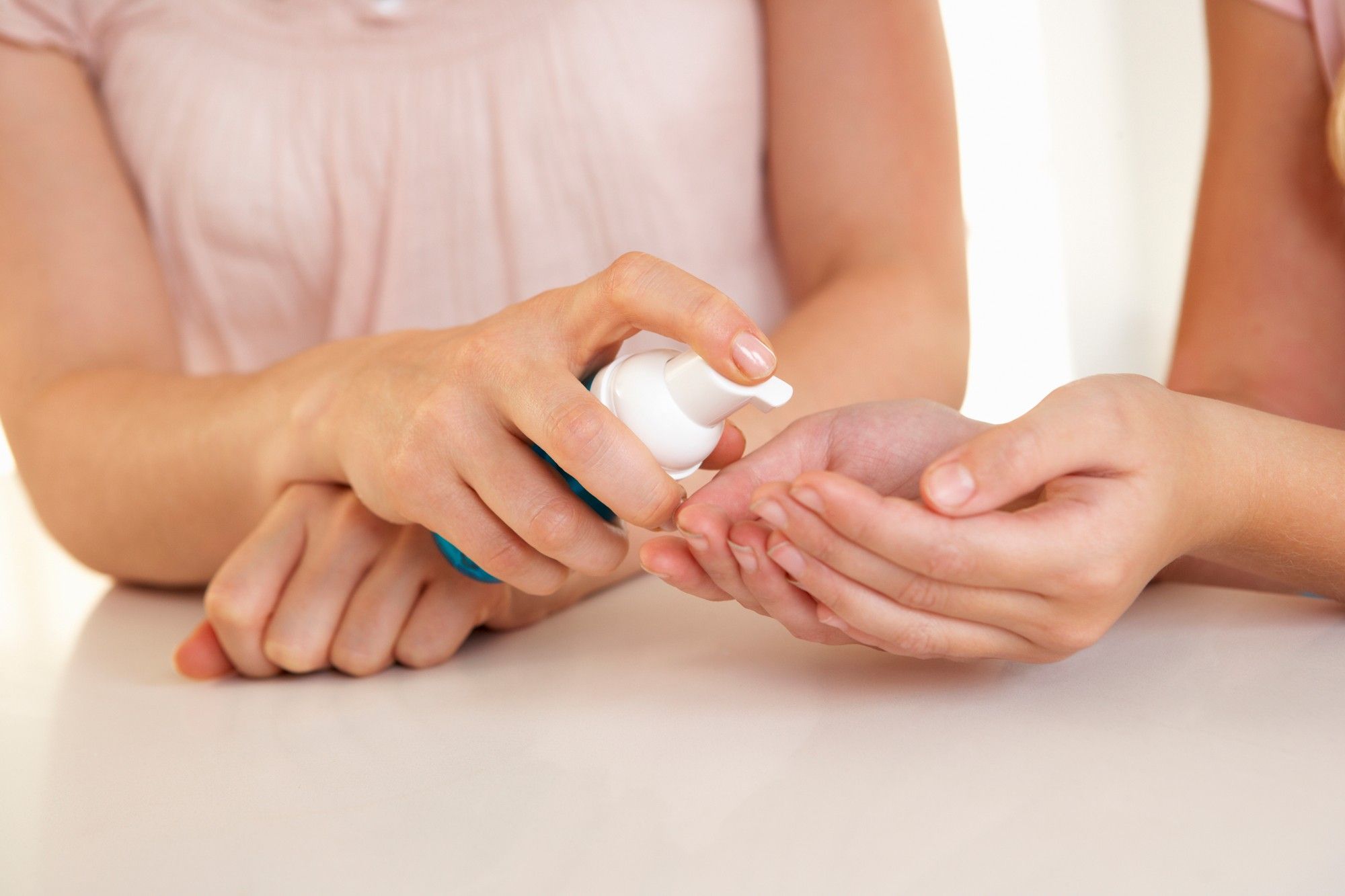





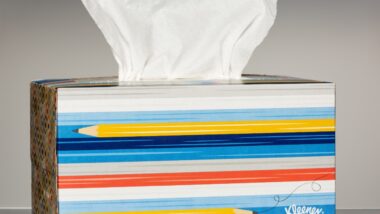





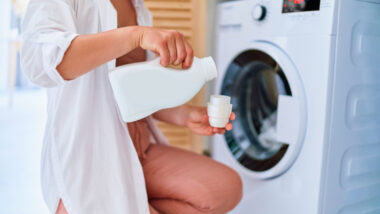


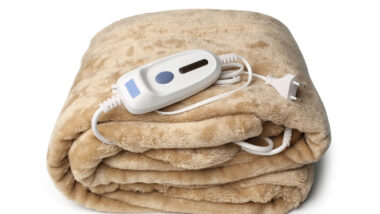
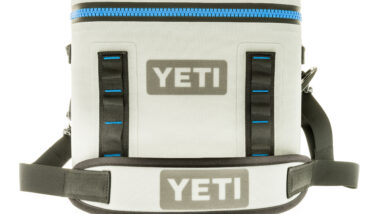
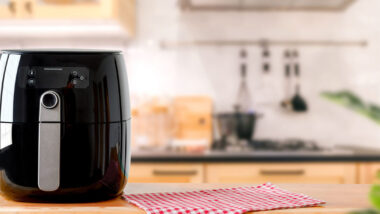
One thought on Hand Sanitizer Warnings Issued by Health Canada Amid COVID-19 Pandemic
Add me please